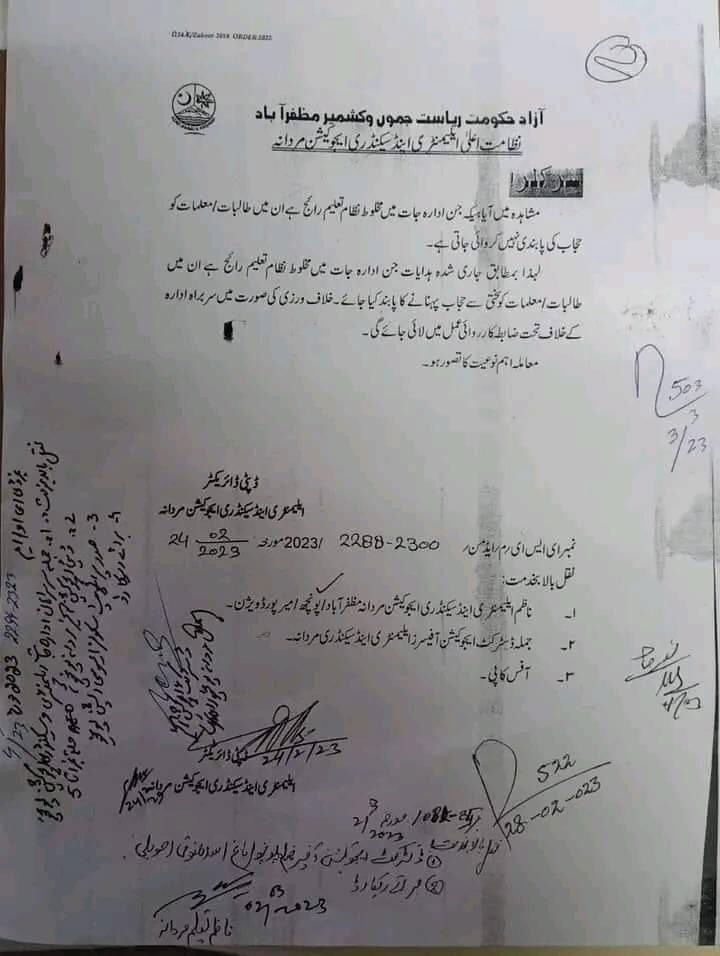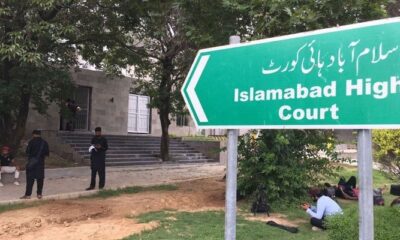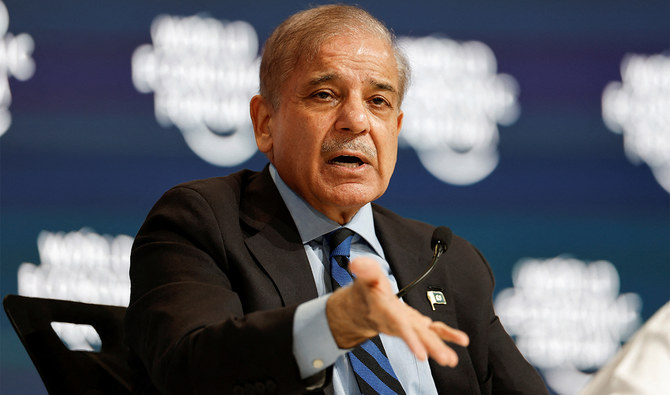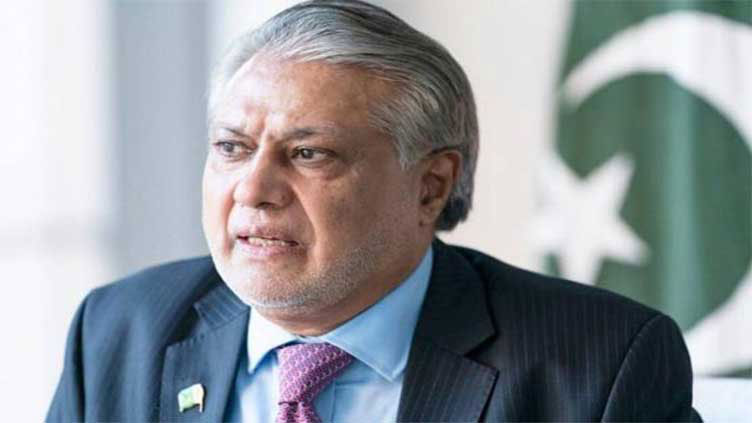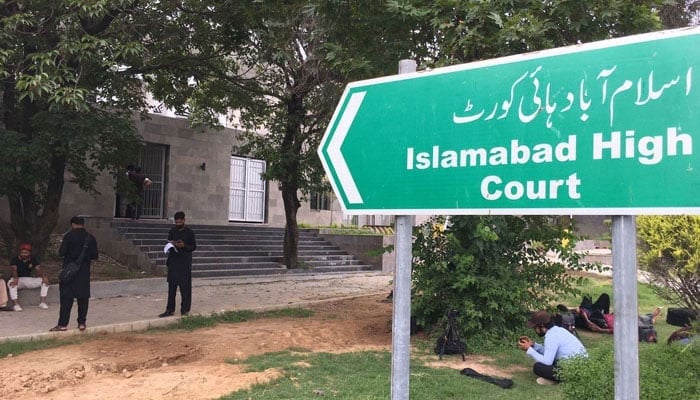Pakistan
Hijab made mandatory for students, teachers in AJK
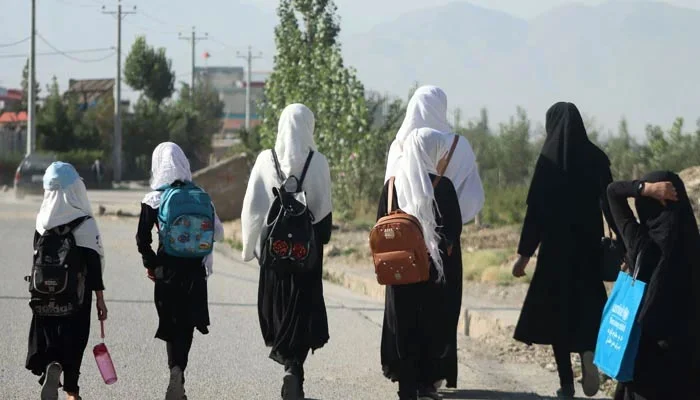
Latest News
PM Shehbaz will meet with Saudi ministers and speak at the WEF special session today.
Latest News
The nomination of Ishaq Dar as deputy prime minister raises concerns.
Latest News
Audio leaks case: FIA, PTA, and PEMRA pleas seeking Justice Sattar’s recusal dismissed
-

 Latest News3 hours ago
Latest News3 hours agoPunjab takes action against factories that generate smoke.
-

 Latest News3 hours ago
Latest News3 hours agoIn Pakistan’s 91 districts, an anti-polio campaign is launched.
-
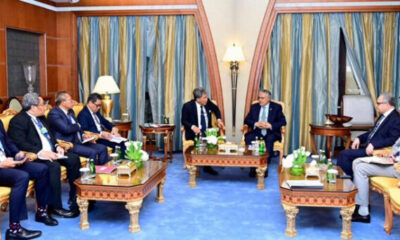
 Latest News3 hours ago
Latest News3 hours agoFM Dar, his Malaysian counterpart, demands a quick end to hostilities in Gaza
-

 Business2 hours ago
Business2 hours agoDespite global tides, Pakistan’s economy is recovering, according to Governor SBP
-

 Latest News2 hours ago
Latest News2 hours agoIn KP rain-related incidents, ten people died.
-

 Latest News2 hours ago
Latest News2 hours agoThe green colour of WhatsApp ‘angers’ some users.
-

 Latest News2 hours ago
Latest News2 hours agoThe nomination of Ishaq Dar as deputy prime minister raises concerns.
-
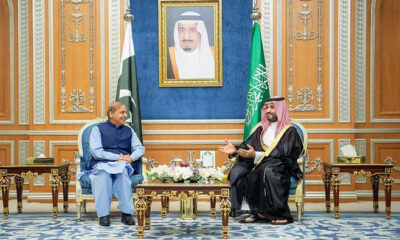
 Latest News2 hours ago
Latest News2 hours agoPM Sharif, Saudi crown prince discuss bilateral ties, Gaza situation

